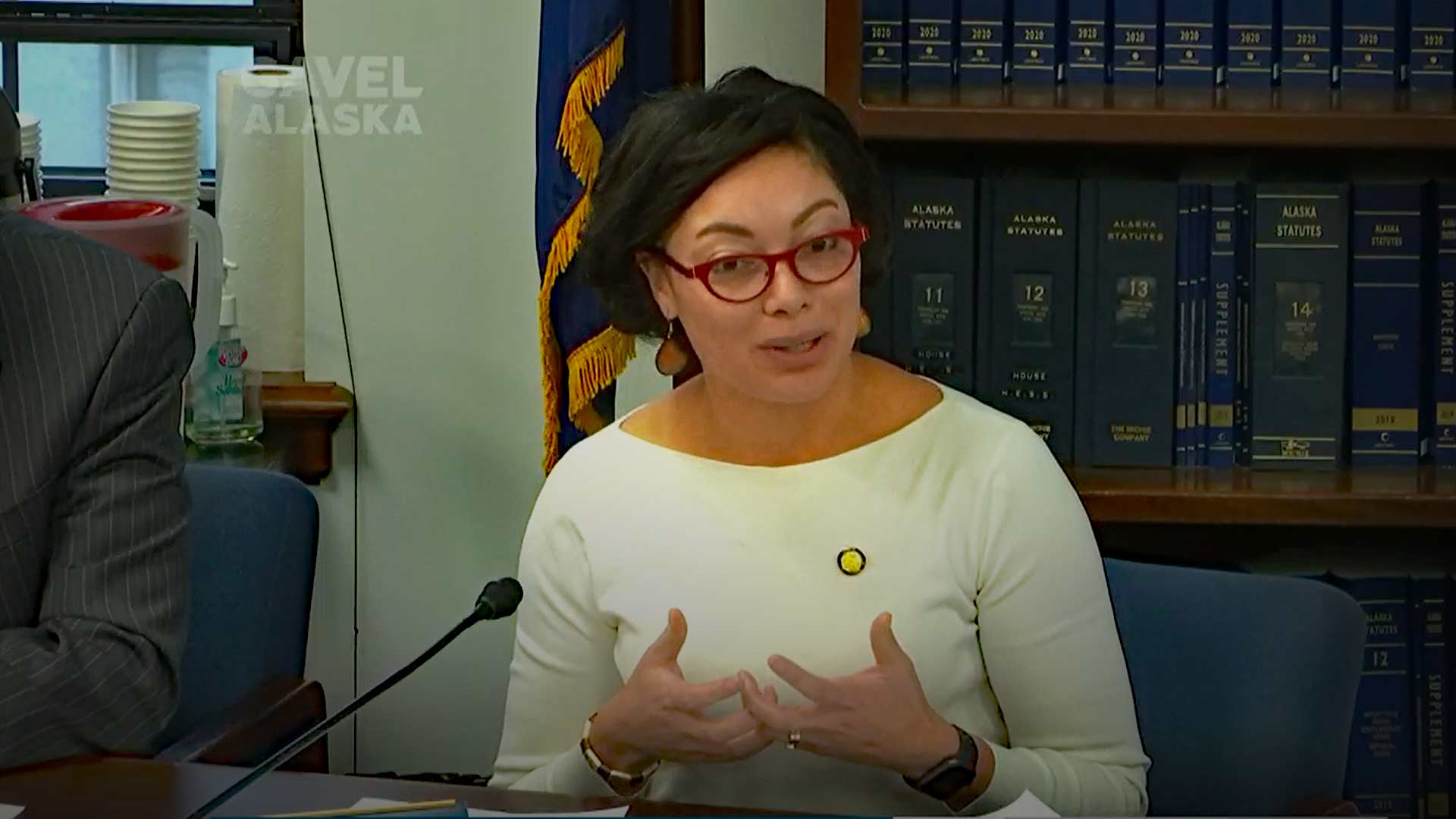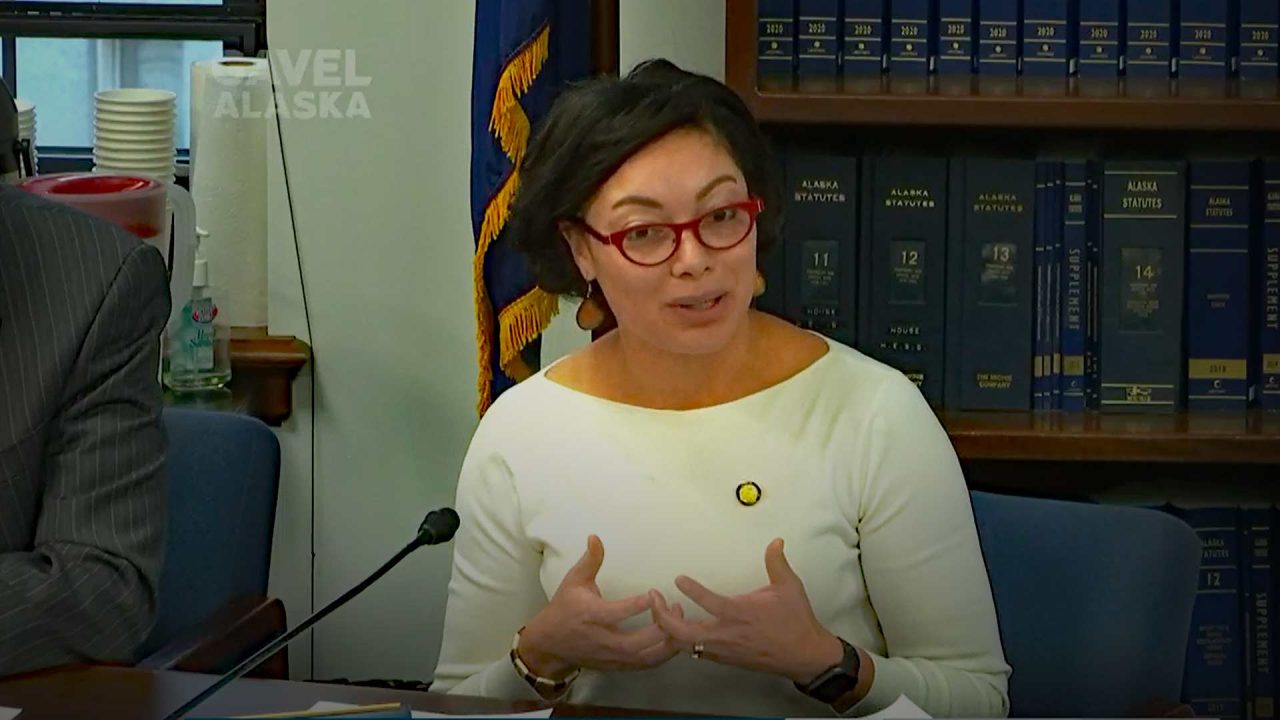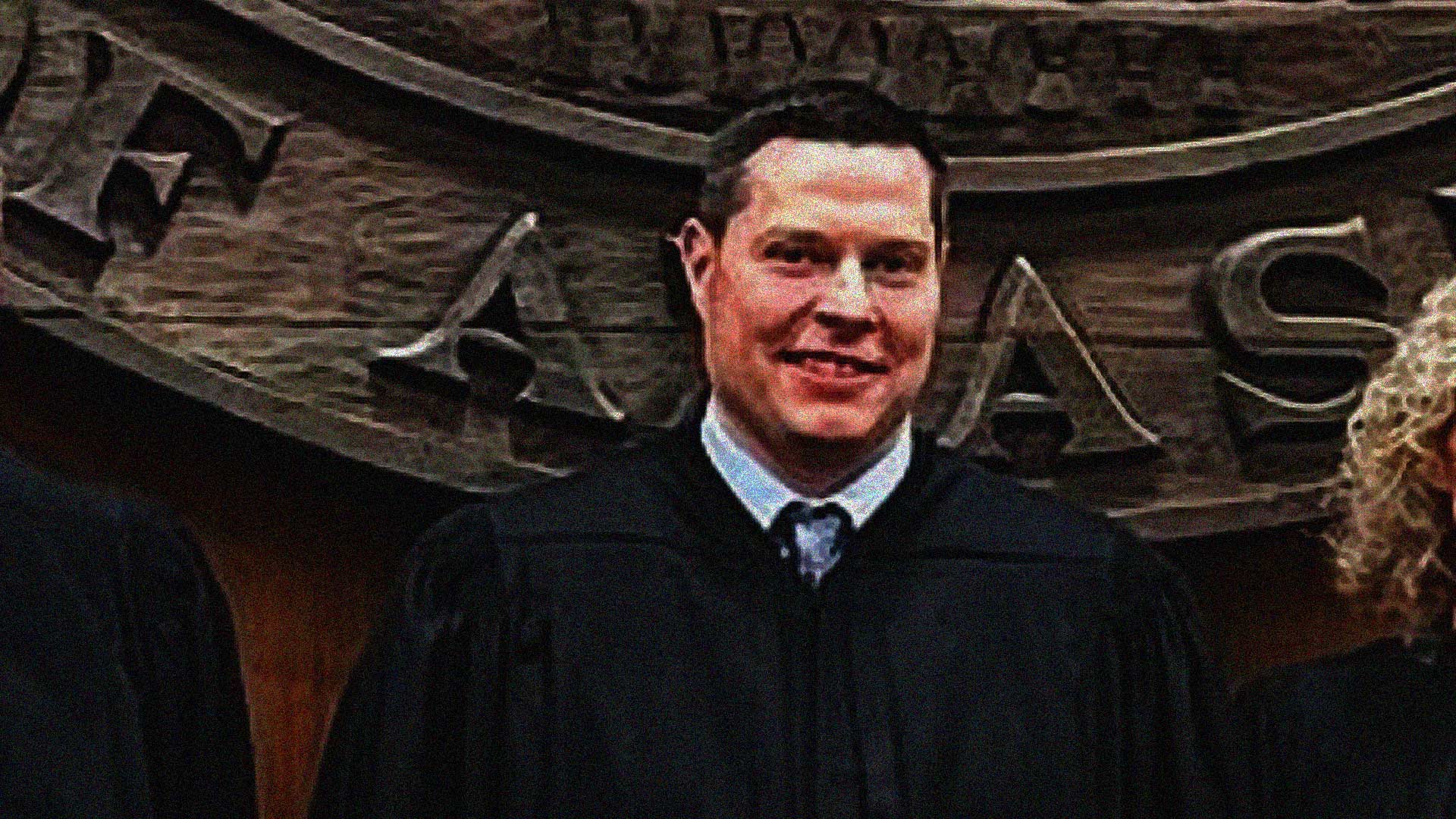
Sen. Loki Tobin (D-Anchorage) is doubling down in objecting to the idea of holding Alaska’s public schools accountable for any increases they may receive in educational spending.
Tobin is one of several lawmakers in the Democratic-controlled Senate who are pushing Senate Bill 52, which entails a massive $250 million increase in school spending. Yet, she simultaneously – and adamantly – opposes requiring school districts to demonstrate any measurable educational improvements with the added money.
In a recent email sent to her supporters, Tobin blamed media “spin” and “misrepresenting data or omitting relevant facts,” along with a “concerted effort to complicate” her plan to flood the educational system with additional public funds.
Currently, Alaska spends $20,000 in state, federal and local money on each and every public school student, annually. Tobin says that’s not enough, arguing that schools simply need more administrators, programs, interventions, trainings, nurses, psychologists, teachers, school buildings and an ever-larger overall apparatus.
In particular, Tobin wants to increase the Base Student Allocation by as much as $1,000 per student. Critics, however, point to the fact that Alaska students have been at the very bottom of the nation in terms of reading and math scores for the better part of a decade, and that any increases must be tied to strict accountability measures.
Tobin admits that test scores aren’t great, but she isn’t interested in accountability.
“The most frustrating argument against an increase to the BSA is that we must first have more ‘accountability,’” she complained. “No one disputes that the statewide assessment results are disappointing but reading and math assessments do not tell the full picture of student success or failure, and it is disingenuous to pretend they do.”
ALASKA WATCHMAN DIRECT TO YOUR INBOX
Tobin offered a litany of excuses as to why Alaska’s public schools perform so badly at teaching basic reading and math. At one point, her message blamed homeschool parents for not letting some kids take the assessment scores. She did not explain, however, how a few homeschool kids opting out of the test would change the dismal scores by the vast majority of standard school students.
She also claimed that “assessments are not infallible tools and do not tell us whether a young person will succeed later in life.” She added that “a young person’s potential should not be measured by a single, point-in-time analysis.”
Few would argue that test scores tell the entire story, but when 77% of Alaska’s public school students fail math, while another 70% can’t read at grade level, it raises concerns about what schools are doing with the public’s money.








13 Comments
Sen. Tobin like other democrats can see tge forest through the trees! She has no clue what she’s talking about. Without accountability there is no need for more money. The things she wants are helping teach just spend money. With tge less and less children attending schools first there is no need for more money. I’ve said that many time on this form. Next I say, Cut the fat from top down in the school system. We don’t need all that support we need teachers to teach. make classes smaller so a teacher can give children tge needed attention they need to learn. Next, if a child can’t get it they need extra time either make a slow learners class or hold them back a year and reteach them. This policy of one year and move on isn’t helping kids. Sen.Tobin and the 8RINO’s need to get it figured out and money is NOT the answer. Its apparent to all but you law makers that have no clue just like the children your turning our of our schools! GET IT TOGETHER down their in Juneau.
Why do the demonic possessed humans always curl their fingers when talking? Started noticing others doing this after seeing Pelosi always curling her fingers like she is holding someone’s heart in her palm.
Demons have claws and these people are demons. Trying to catch their prey.
The Democratic way… Throw more of other people’s money at a problem. Why hold anybody accountable for how it is spent so long as it is disbursed the “problem” will go away. When has that ever worked ?? The Alaska schools are literally top heavy with administrative staff that are milking the system. There need to be more teachers and their remuneration needs to be improved at the expense of the administrators.
Twenty thousand dollar per student? How can the teachers continue to sell themselves short to the unions and the government education system. Why don’t teachers start their own education business? Get a few teachers together, lease a building, admit 20 student per teacher, and then teach according to their moral standards. Twenty students at $20,000 per student would bring in $400,000 per teacher. Yet, teachers continue to bow to the unions and the education system that is giving them a bad reputation and selling them short. You’d also see which business/schools prospered by the high standard of education the students gained, and which schools failed… like the public education system.
If you still have your children in the public school system then it’s time to find a alternative.
If you leave them in then you are the problem
I agree, Anon.. One more thing, I would add.. If you are homeschooling, or private schooling, no more of your tax dollars for the “public Indoctrination System.” If they do use your tax dollars for “education”, then direct it to the private school, or your expenditures for actually educating your children.
I agree but not totally. There are a lot of single parents working hard to put food on the table. They may want to stay home and homeschool, but must choose between basic needs and homeschool. Sooo- not all parents are able to homeschool no matter how much they may want to. The answer is to clean up the system not sacrifice some children on the altar of politics.
Mary, I wish that some groups or families would speak out if they are willing to take on another child or two. I have heard of people doing this in the lower 48, but have not heard of anyone up here in Alaska as of yet. It sure would be helpful to those that do not have a choice. In the meanwhile, as you stated, we need to work on cleaning up the system. Even if we can detour around the mess, it is still there.
When I worked for Correspondence Study years ago, parents who had to work would find other parents teaching their children and somehow worked out a system where these teachers would take on an extra child or so.
Friend Of Humanity, There are parents that home school other childern here in Anchorage. They receive support from the students parents to help cover the cost of lunches for their childern and other expenses for supplies. They also help out with field trips and carpools.
The only kind of drag show that I want to watch: https://rumble.com/v26deos-drag-show.html
Impeachment Mike Dunleavy